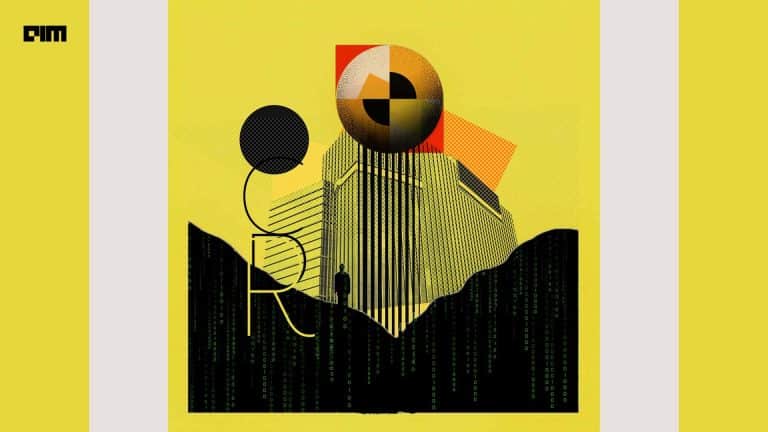Trademarks and protection of ownership of the project have been the foundation of the open-source community. Although it might sound contradictory to associate trademarks with open-source, protecting the ownership can be critical for developers to maintain the reputation and long-term sustainability of projects.
However, with the increasing number of open-source enterprise applications, it gets challenging for developers and companies to protect the brand name. And that’s why Google has launched a new regulatory body — Open Usage Commons — to help companies manage the identity of projects despite giving the licensing for its source code.
Importance of trademarks in open-source and how Google’s initiative can help
Sometimes it gets difficult for developers and companies to understand that obtaining the license of the source code doesn’t give them the right to use the trademark of projects which includes — name, logo and other branding accessories, stated in the company’s blog post. This has been an issue with open-source licensing, where it includes copyright and patent laws. However, it leaves out the trademark licenses.
Trademark is the possessorship of projects, therefore to avoid losing control, trademark and proprietary licenses should be controlled by developers of the projects only. Case in point two prominent open-source relational database management — MariaDB and MySQL, where both have derived from the same database structure and indexes, both have distinct properties. And therefore, raises a serious question of how these companies will associate their products and solutions with the brand of the community?
The importance of trademark has been well established by the open-source company RedHat in 2004, where they highlighted the problem of companies using RedHat’s name for their projects. As a matter of fact, in the US, it isn’t required for companies to register for trademarks formally, and thus provide entire ownership and control of projects to developers. However, for other instances, companies must file for registered trademarks to reserve their rights over the projects. Well-defined trademark policies will remove the ambiguity of ownership and will enable developers to protect their projects from misinterpretation and illegitimate usage.
Also Read: Can Artificial Intelligence Be Granted Patent For Inventions?
One such licensing is provided by Apache 2.0, where it has been defined that although companies can use the source code for their business purposes its only the organisation who has developed the project are liable to own the proprietorship of everything else the patent covers.
Google’s recent initiative of opening up a new organisation can definitely help project maintainers to define their identity by providing “neutral and independent ownership.” According to the company’s blog post, projects that are registered under their new organisation will receive google’s support for protecting their own and will provide a useful guideline and compliance testing. Having a name of Open Usage Commons (OUC) will also offer assurance to stakeholders of the brand and the quality for their offering.
When asked, Chris DiBona, the director of open-source at Google stated in an interview that with OUC developers can work together without undergoing substantial negotiations with companies and organisations. Currently, the OUC has been launched as a third-party initiative, however, funded by Google, in collaboration with cloud service provider SADA Systems, and academic researchers and contributors.
To initiate the launch, Google also added three of their own projects under OUC — web application framework, Angular, open-source independent service mesh, Istio, and web-based team code collaboration tool, Gerrit. Registering their projects under this organisation will also help the developers to provide more services to their customers as well as more integrations.
Contradictorily, experts have noted that unlike the Kubernetes project, Google donated their Istio project to OUC instead of Cloud Native Computing Foundation (CNCF). This again negates the statement made earlier this year by Thomas Kurian, the CEO of Google Cloud. Not turning the project to CNCF will probably increase Google control of the project, which will omit the vendor-neutral approach. Thus, it could challenge Google’s view of enhancing the open-source community.
Wrapping Up
Open-source indeed provides acceleration to products and solutions development but, trademark issues can create immense sustainability issues for projects. Adequately registered projects will allow users to identify the owners, versions and quality of projects. However, the process of attaining one can be tiring for developers. With Google OUC initiative, it will be easier for companies to manage their commercial entities. Experts believe that, although the open-source community encourages sharing and collaboration, it is critical for developers to protect and secure their projects to retain the value.



















































































